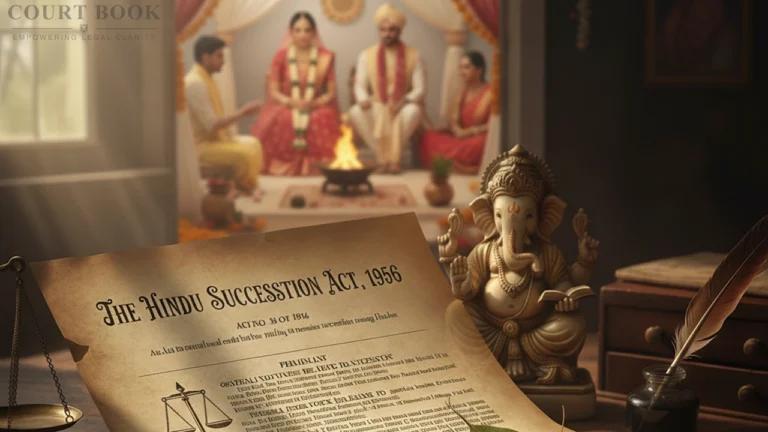In a detailed ruling that revisited the boundaries of Hindu inheritance law, the Chhattisgarh High Court at Bilaspur has held that a married daughter cannot claim ancestral property if her father died before the enactment of the Hindu Succession Act, 1956. The court reaffirmed that in such cases, Mitakshara law governs succession, not the post-1956 amendments that granted equal rights to daughters.
Justice Narendra Kumar Vyas, while dismissing Smt. Ragmania (since deceased) through LRs Kariman Das v. Jagmet & Others, concluded that
"the property of a Hindu male who died before 1956 would devolve exclusively upon his son under the Mitakshara law."
Background
The dispute originated in Surguja district's village Puhputra, where the late Smt. Ragmania had filed a civil suit in 2005 seeking declaration of title and partition of her ancestral land. She claimed that her father, Sudhin, and his brother Budhau had jointly owned the land and that she was entitled to a share by birth.
Her brother Baigadas, however, had the land mutated solely in his name after their father's death. Later, he transferred part of it to his daughter. When Ragmania objected, the local Tahsildar rejected her plea in 2003, saying she had no right to inherit property after marriage.
This prompted her to approach the civil court, which dismissed her claim in 2008, followed by the Appellate Court's rejection in 2014. Undeterred, she moved the High Court under Section 100 of the Civil Procedure Code.
Court's Observations
Justice Vyas examined whether the lower courts erred in denying the plaintiff’s right under the Hindu Succession Act (as amended in 2005), which recognizes equal inheritance rights for daughters.
But the Court found that Sudhin had died around 1950–51, years before the Act came into force. This, the judge said, "closed the partition under the old Hindu law," making the Mitakshara system applicable.
"The plaintiff’s father expired much prior to the enactment of the Hindu Succession Act, 1956. Therefore, succession opened under the old Hindu law and the parties are governed by Mitakshara principles," the bench observed.
The Court relied on several landmark Supreme Court rulings, including Arshnoor Singh v. Harpal Kaur (2020) and Arunachala Gounder v. Ponnusamy (2022), emphasizing that pre-1956 inheritances follow traditional Hindu law-where daughters had limited or no right to claim their father’s property if a male heir existed.
The judge explained that under Mitakshara law, property inherited by a male from his paternal ancestors remains coparcenary-a joint family property in which sons, grandsons, and great-grandsons acquire rights by birth. Daughters, however, were excluded until the 1956 Act and its 2005 amendment.
Justice Vyas further quoted from ancient Hindu legal texts cited by the Allahabad High Court in Ghurpatari v. Sampati (1976), observing how the widow or daughter could inherit only in the absence of a male heir.
"When a Hindu governed by Mitakshara law dies before 1956, his separate property would completely devolve upon his son. A female child could claim such property only if there was no male child," the judgment clarified.
Decision
Concluding that the Hindu Succession Act, 1956, and its later amendments did not apply retroactively, the Court upheld the lower courts’ findings. It held that the property of late Sudhin lawfully devolved upon his son Baigadas, who subsequently conveyed his rights to his descendants - the defendants in the case.
The Court said there was no illegality in the revenue authorities mutating the land in favor of Jagmet and Budhiyaro, the respondents.
"There is no reason to interfere with the findings of the trial and appellate courts. The property is not partible," Justice Vyas concluded while dismissing the appeal.
The Court made no order as to costs.
Case Title: Smt. Ragmania (died) through LRs Kariman Das vs. Jagmet & Others
Case Type & Number: Second Appeal (SA) No. 178 of 2014
Judgment Delivered On: 13 October 2025















